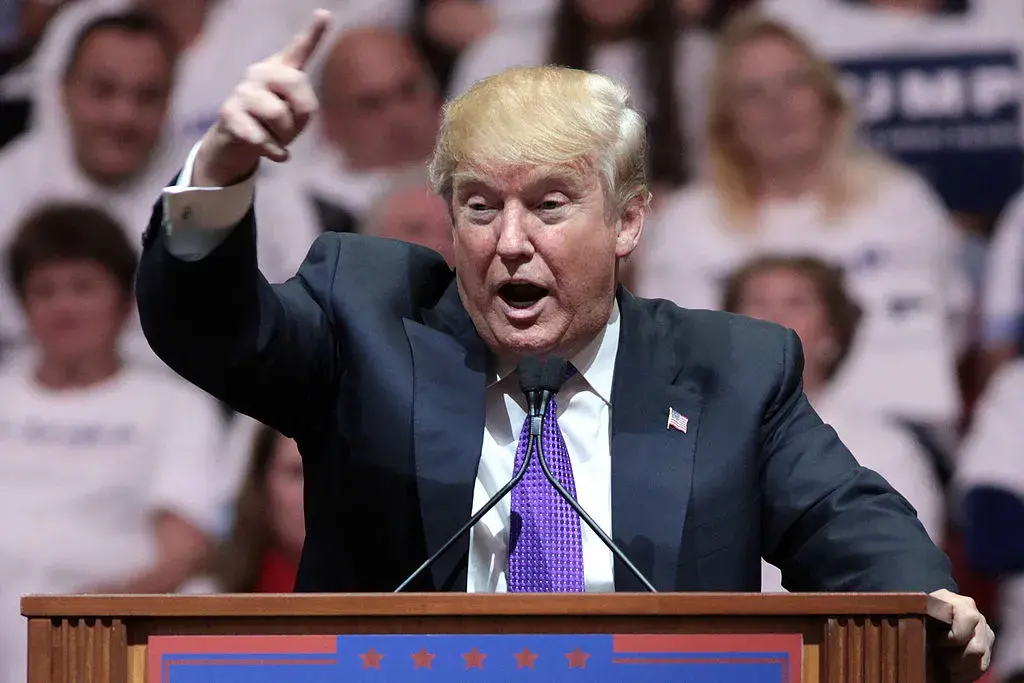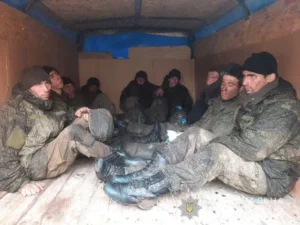Former president challenges state court ruling that removed him from primary ballot over Jan. 6 Capitol attack.

On Wednesday, former President Donald Trump appealed to the U.S. Supreme Court after he was ruled out of the state’s Republican primary ballot by Colorado’s highest court for his role in the Jan. 6, 2021, assault on the U.S. Capitol.
Trump, who leads the race for the Republican 2024 presidential nomination, is challenging the Dec. 19 Colorado Supreme Court decision that removed him under a constitutional clause that forbids anyone who “engaged in insurrection or rebellion” from holding public office.
The state high court had already suspended its decision until Jan. 4, saying that Trump would stay on the ballot if he appealed.
Trump’s filing brings a politically charged case to the top court of the nation, which has a 6-3 conservative majority that includes three judges he nominated. The justices’ action will influence a broader campaign to exclude Trump from other state ballots as the 2024 election approaches.
In the filing, Trump’s lawyers urged the justices to “summarily reverse” the Colorado Supreme Court because the issue of presidential eligibility is up to Congress.
The state court’s decision is “the first time in the history of the United States that the judiciary has stopped voters from voting for the leading major-party presidential candidate,” the lawyers said, arguing that the ruling “is not and cannot be right.”
The Jan. 6 attack was an effort by Trump’s supporters to overturn his 2020 election defeat to Democratic President Joe Biden, which Trump falsely alleges was due to fraud.
The Colorado court’s unprecedented ruling was the first time in history that Section 3 of the U.S. Constitution’s Fourteenth Amendment – the so-called disqualification clause – was applied to declare a presidential candidate unfit for the White House.
Trump has also appealed to a Maine state court a decision by that state’s chief election official that prevented him from the primary ballot under the same constitutional clause that is involved in the Colorado case.
The Colorado Supreme Court ruling was the result of a lawsuit filed by Republican and unaffiliated voters, and supported by watchdog group Citizens for Responsibility and Ethics in Washington, that aimed to block Trump from the nominating primary and future elections under the disqualification clause.
Section 3 prohibits from holding office any “officer of the United States” who took an oath “to support the Constitution of the United States” and then “engaged in insurrection or rebellion against the same, or given aid or comfort to the enemies thereof.”
The amendment was adopted after the American Civil War of 1861-1865 in which 11 southern states broke away from the union.
The 4-3 Colorado Supreme Court ruling overturned a lower court judge’s finding that Trump engaged in insurrection by provoking his supporters to violence, but as president, he was not an “officer of the United States” who could be removed under the Fourteenth Amendment.
The Colorado court decided that Trump’s part in sparking violence at the Capitol as lawmakers gathered to confirm the results of the 2020 election amounted to engaging in insurrection, and that the presidency is subject to the insurrection provision.
“President Trump asks us to hold that Section Three removes every oath-breaking insurrectionist except the most powerful one and that it bans oath-breakers from almost every office, both state and federal, except the highest one in the land. Both outcomes are at odds with the plain language and history of Section Three,” the majority wrote.
Recognizing the importance of the case, the majority said, “We are also aware of our grave duty to apply the law, without fear or favor, and without being influenced by public reaction to the decisions that the law requires us to reach.”
Trump’s lawyers claimed that his address to supporters on the day of the assault was covered by his right to free expression, stating that the constitutional amendment does not affect U.S. presidents and that Congress would have to vote to remove a candidate.
Courts have dismissed several lawsuits aiming to block Trump from the primary ballot in other states. Minnesota’s highest court turned down an attempt to remove Trump from the Republican primary in that state but did not decide on his overall fitness to serve as president.







